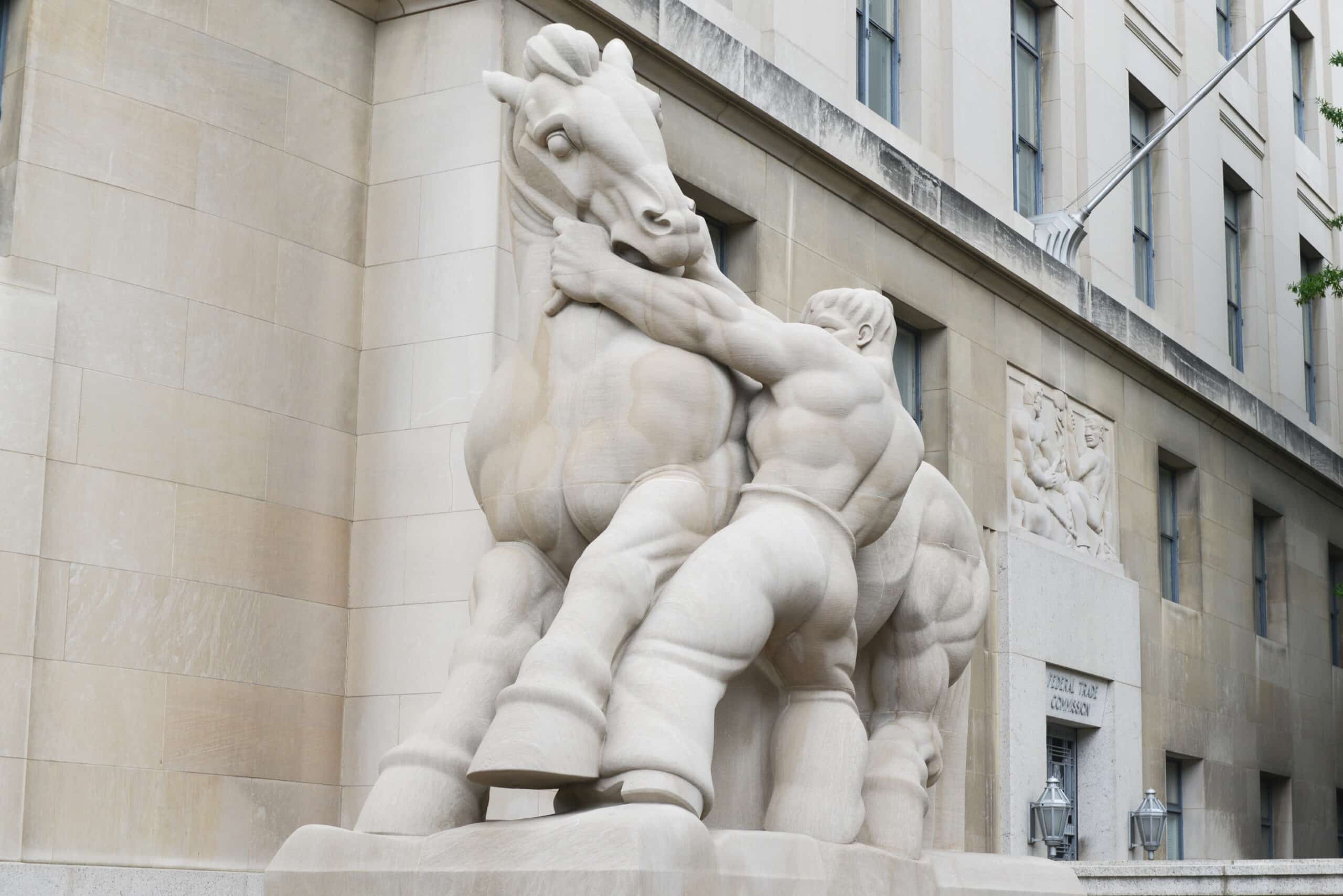House Report Gives Trump Recourse to Remove CFPB Director
 The Dodd-Frank Act requires President Donald Trump to come up with a “for cause” reason to remove the director of the Consumer Financial Protection Bureau — Richard Cordray — if that’s what he wants to do immediately following his inauguration. This week the House Financial Services Committee attempted to deliver the necessary justification, a lawyer who preferred to remain unnamed told Auto Finance News.
The Dodd-Frank Act requires President Donald Trump to come up with a “for cause” reason to remove the director of the Consumer Financial Protection Bureau — Richard Cordray — if that’s what he wants to do immediately following his inauguration. This week the House Financial Services Committee attempted to deliver the necessary justification, a lawyer who preferred to remain unnamed told Auto Finance News.
A 30-page report citing internal memos from the CFPB released Wednesday claims Cordray violated the Administrative Procedure Act (APA) in the way he and the bureau went about enacting the larger participant rule.
However, the justification outlined in the report “felt a little weak,” the lawyer said.
Chairman of the committee, Jeb Hensarling, and the other republican members who arranged the report, claim the parties affected by the rule have to be named and given adequate justification for rulemaking. Using internal memos, the committee shows that the CFPB was in fact aware of a list of lenders that would be classified as larger participants under the rule and decided not to release the list, which was provided to the bureau by Experian.
Because those names were not released, and the public comment period was not reopened, the committee alleges that Cordray violated the APA, which dictates how rulemaking should be conducted.
However, the APA does not require affected parties to be named, only that sufficient notice is given to those that are affected, the lawyer explained.
“If you think about this rule when it was proposed, they proposed that any market participant originating over 10,000 transactions in a year — and they defined what origination meant and what kinds of transactions counted — that if you originated over that, you would be a larger participant,” he said. “My clients, and every other participant, can look at the definition and say ‘am I in or am I out?’ So I understand the argument in the report but I don’t know how strong that one is.”
That doesn’t mean there aren’t legitimate claims of overreaching, he added. Small businesses with less than 1% of market share still got wrapped up in the bureau’s definition of larger participant, which the new memos suggest was done to gather more information. Not releasing the names might also have been a poor political strategy, the lawyer said.
Yet, those overreaches may not justify a “for cause” reason to remove the director, he added.
If Trump were to attempt to remove Cordray, the CFPB director could sue and seek an injunction to prevent his removal from office pending the outcome.















